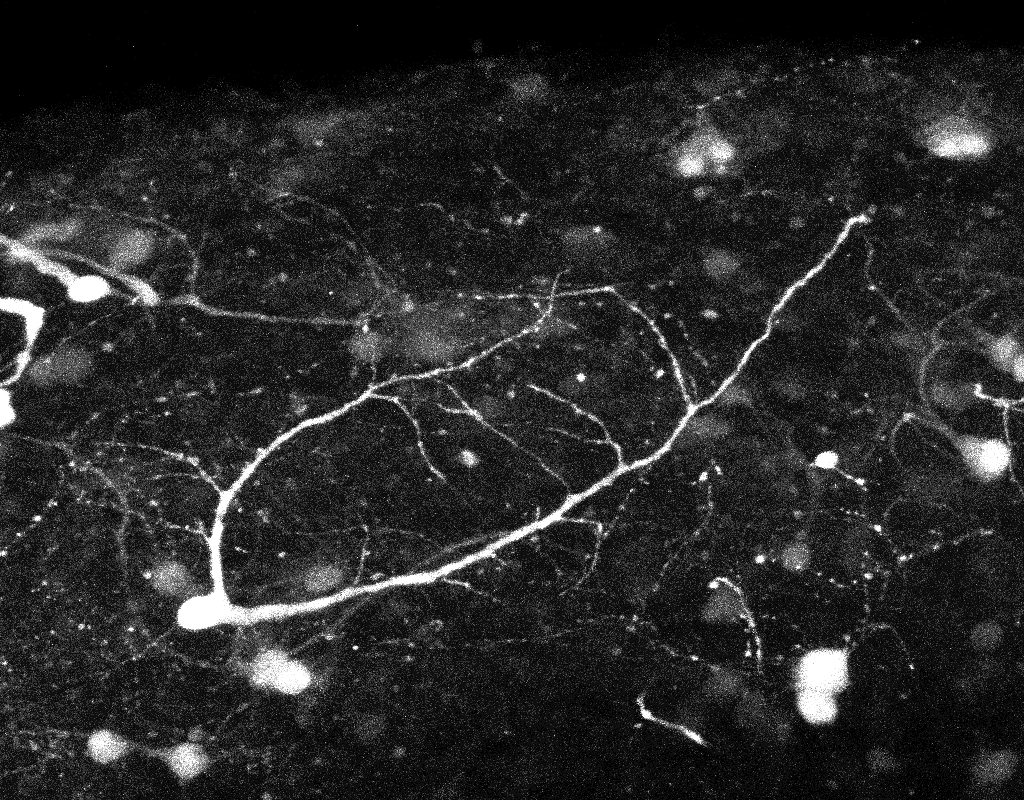In a groundbreaking development, USC Stem Cell scientists, led by Assistant Professor Giorgia Quadrato, have created a novel human brain organoid model capable of generating all major cell types found in the cerebellum. This achievement represents the first successful growth of Purkinje cells, possessing the molecular and electrophysiological features of functional neurons, within an all-human system. Quadrato explained that the consistent co-development and maturation of cerebellar cell types in this human organoid model offer a new avenue to explore the underlying biology of cerebellar development and disorders, while also paving the way for therapeutic interventions. The cerebellum, responsible for controlling movement and contributing to cognitive functions like language, spatial processing, working memory, executive functions, and emotional processing, is crucial for our understanding of various neurological conditions.
Notably, the degeneration of Purkinje cells is linked to neurodevelopmental and neurodegenerative disorders such as autism spectrum disorder and cerebellar ataxia, which affects muscle movement. The organoids also demonstrated the formation of functional neuronal circuits, including excitatory and inhibitory neurons, underscoring their potential in studying neurological function.
Furthermore, the human-specific progenitor cells formed in these organoids are associated with medulloblastoma, a common metastatic brain tumor in children. This opens up possibilities for using the organoid model in researching and developing treatments for this pediatric cancer.
The organoids can be induced to develop anatomical features akin to normal embryonic brain development with appropriate external cues, offering versatility in research applications. Overall, this organoid model holds promise as a platform for discovering new treatments for a range of diseases.
Keywords: Organoid




